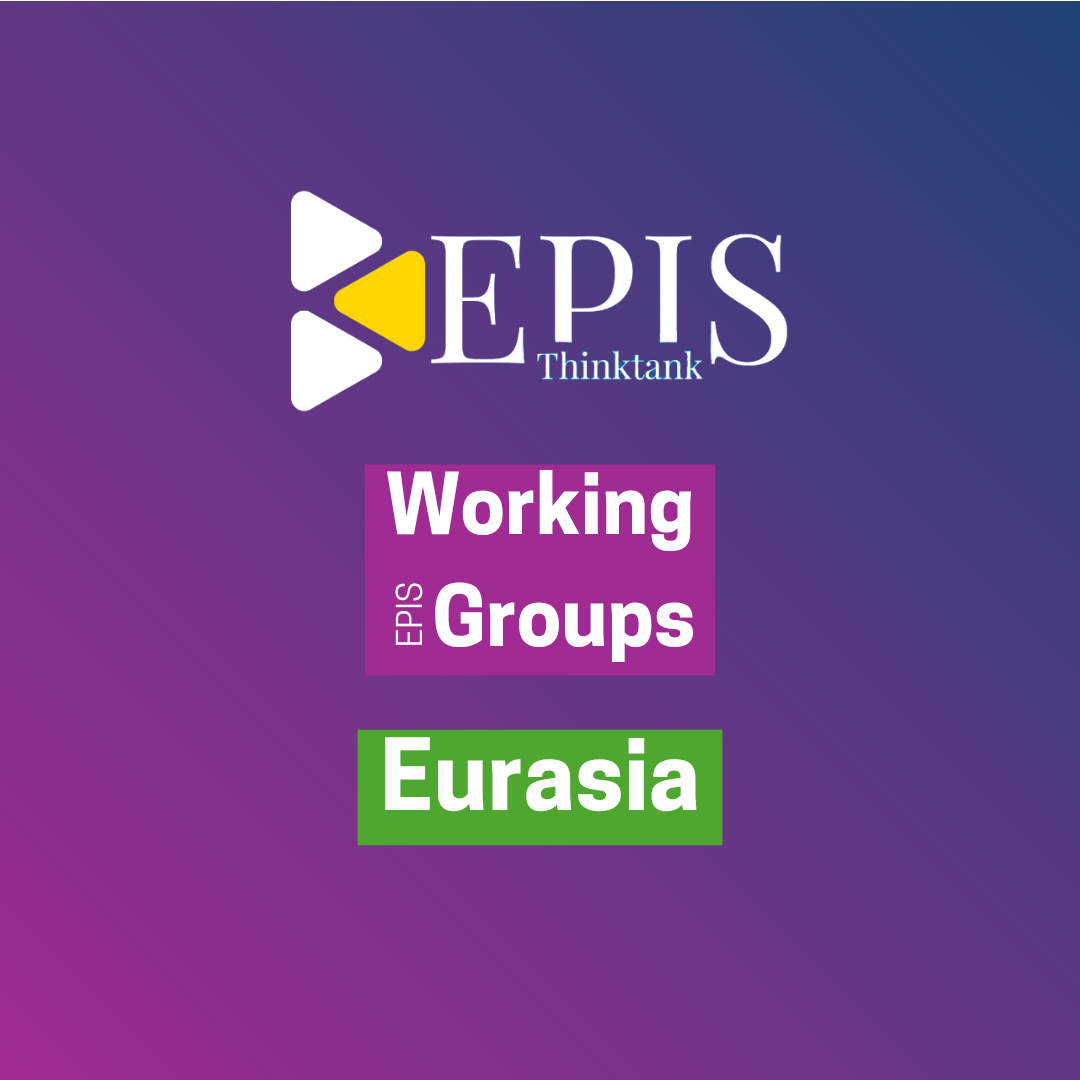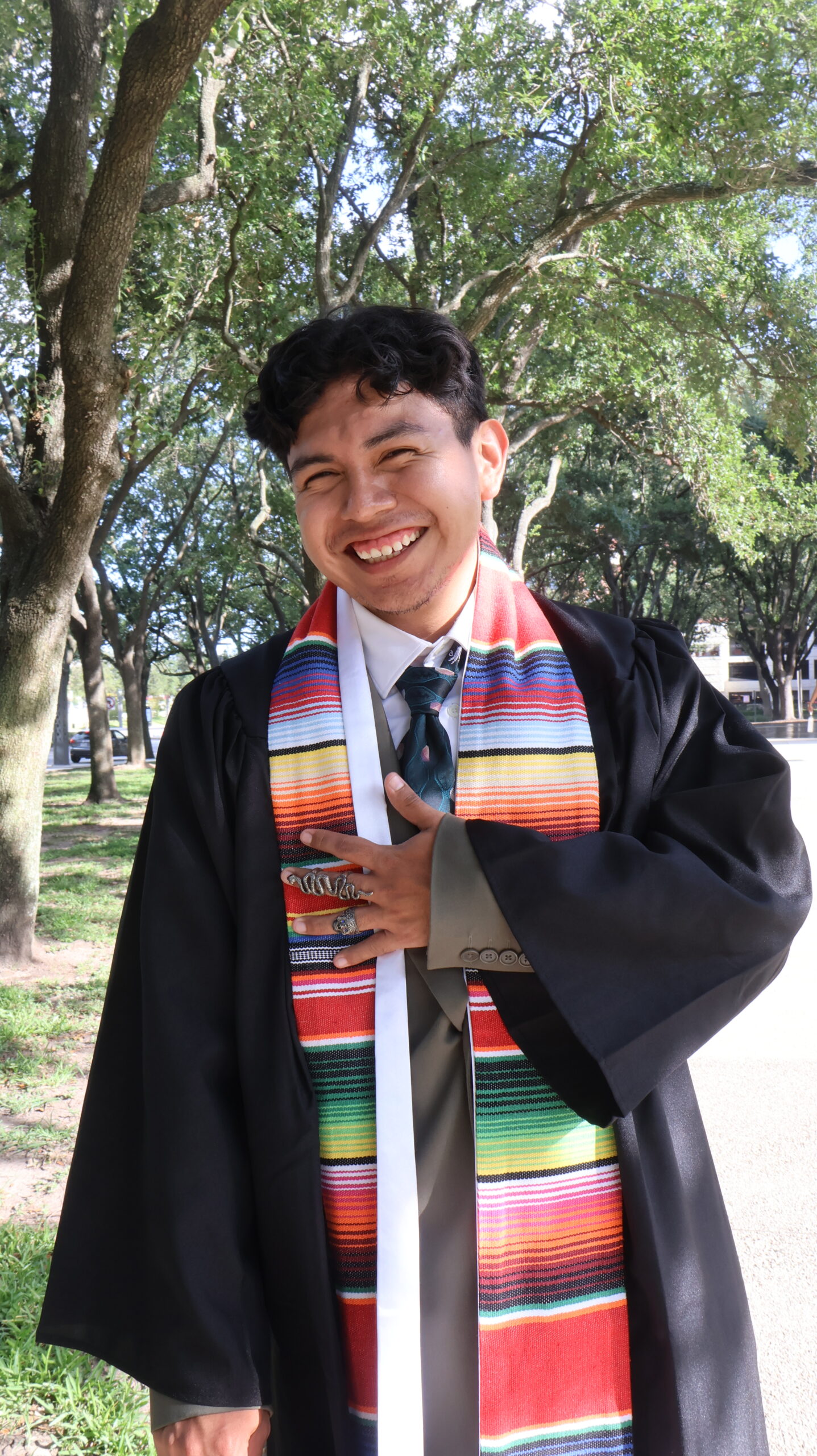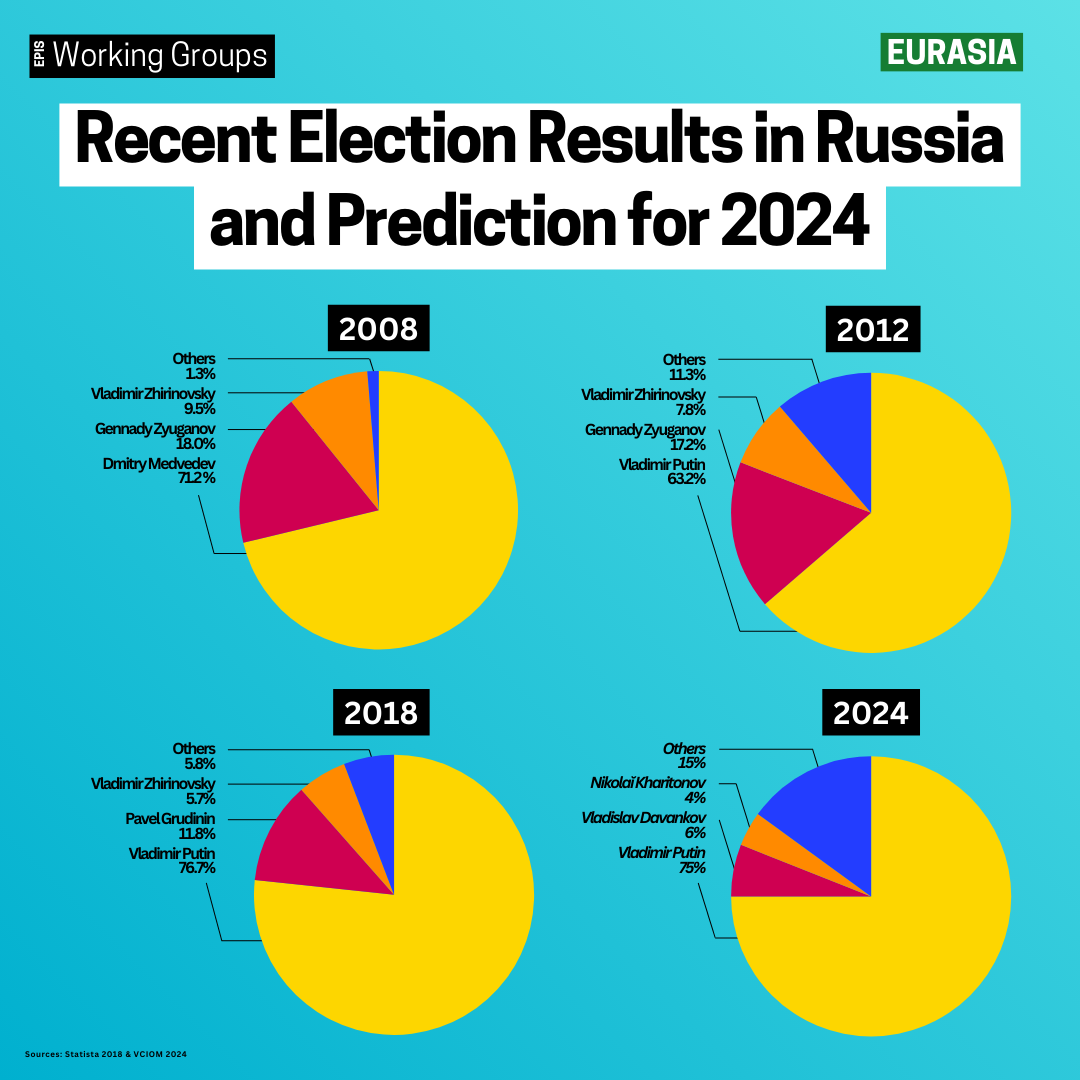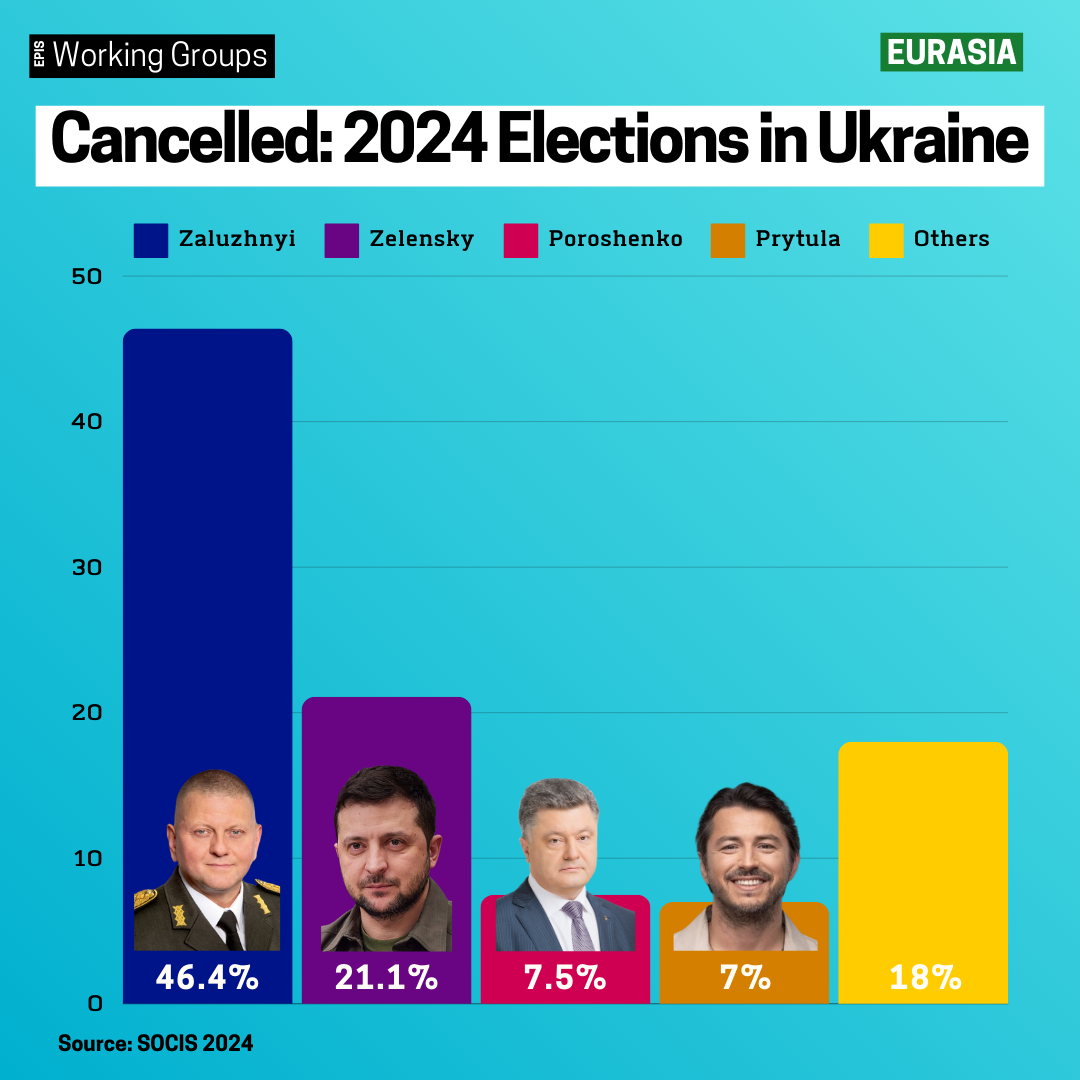Foreign Affaris & Security Policy – Working Group
Eurasia
Uniting crossroads of power and potential
The Working Group Eurasia, focusing on geopolitical shifts in Eurasia, analyses Russia’s strategic interests, regional conflicts, and economic integration, particularly through organisations like the CSTO and SCO. It examines energy security, military alliances, and the impact of external powers. Monthly briefings deliver data-driven insights and visualisations on key security and diplomatic developments influencing the region’s stability.
Working Group Leader
Working Group Members
Publications
Behind the Ballots of the 2024 Russian Presidential Election
Insights and Implications Amidst an Ongoing war голосуй как хочешь, а итоги будут как всегда - Vote as you wish, but the result will be as always It is the year of elections. Countries that are home to more than four billion people will get to decide on their new political leaders and respective governments. Among these, the next significant election will be the Russian presidential election. The upcoming Russian ...
Ukraine’s Presidential Elections
The Workings of a Post-Soviet Democracy Since gaining independence from the Soviet Union in August 1991, Ukraine has prided itself on its status as a democratic nation. The guiding principle of democracies is the right to free and fair elections, enshrined in chapter 3 of the Ukrainian constitution, with Article 69 of the constitution stating that “the expression of the will of the people is exercised through elections, referendum and ...
The SCO – Eurasia’s Paper Tiger?
The Shanghai Cooperation Organization – Eurasia’s Paper Tiger? An international organisation covering 42% of the world’s population, consisting of diverse member states as China, Russia, India and Pakistan and expanding significantly in the last couple of years – yet still the Shanghai Cooperation Organization (SCO) often remains below the radar. Recently, the organisation expanded into the Middle East with the accession of Iran in 2023 and further into Europe with ...
Operation Spiderweb and the Drone Revolution
Major wars and conflicts have often catalyzed radical shifts in the way wars are conducted and weaponry employed. World War I introduced trench warfare and the use of chemical weapons; World War II led to a widespread mechanization of warfare through the rise of tanks as one of the most influential weapon systems and other significant military technology advancements. Today’s war in Ukraine marks a new relevant shift in the ...
Armenia-Azerbaijan Peace Deal- Final Reset on way?
Source:EU welcomes conclusion of Armenia-Azerbaijan peace talks – DW – 03/14/2025 Conditions of the Peace Deal On March 13 Jeyhun Bayramov, Azerbaijan’s Minister of Foreign Affairs, unexpectedly broke the news that Armenia and Azerbaijan had finally agreed to all 17 points of their framework agreement on the establishment of peace and interstate relations. This demonstrates a major breakthrough after the negotiating process began in the wake of Azerbaijan’s victory in ...
A Fading Alliance?
The origins of the CSTO The Collective Security Treaty Organization (CSTO) is an intergovernmental military alliance established in 2002 between several Eurasian countries. It aims to ensure regional peace and stability through military cooperation and mutual defense. Modeled after NATO’s Article Five, its Article Seven mandates collective security, while Article Eight emphasizes combating transnational threats through joint efforts in border protection, information security, and civilian defense. Despite these goals, the ...











